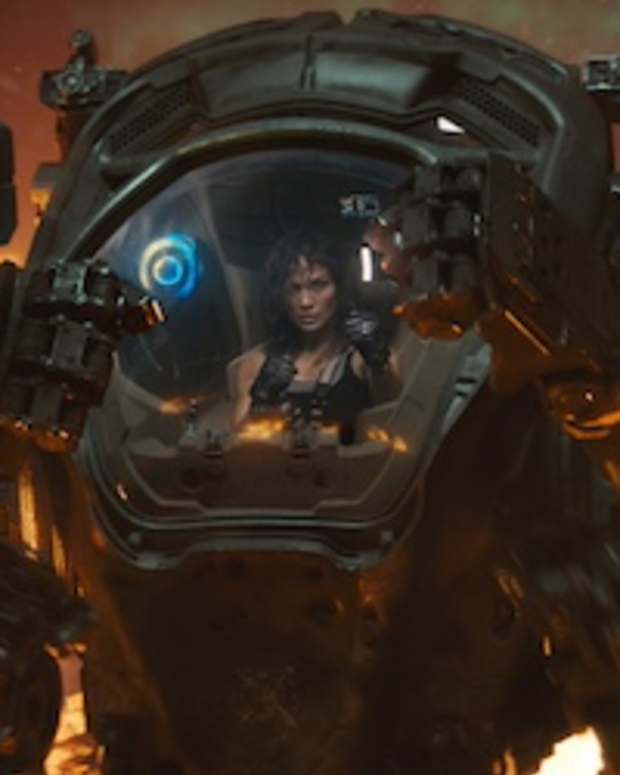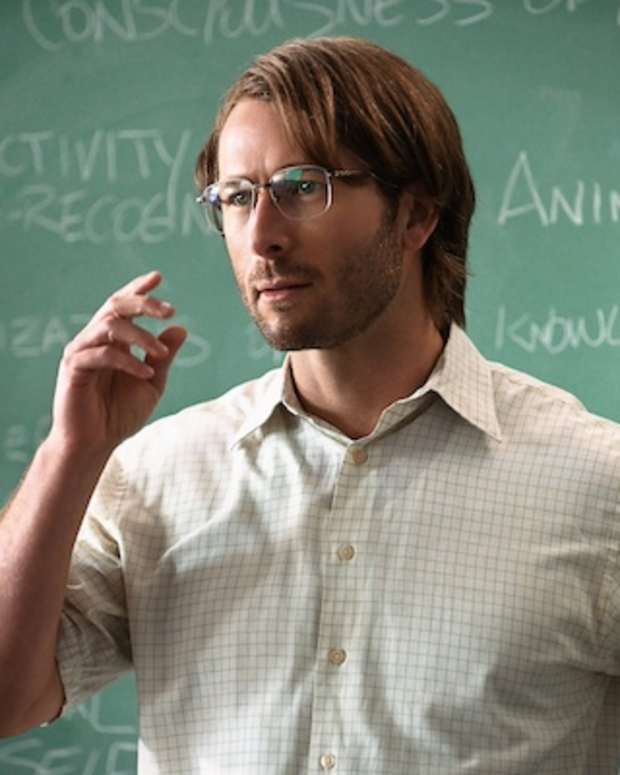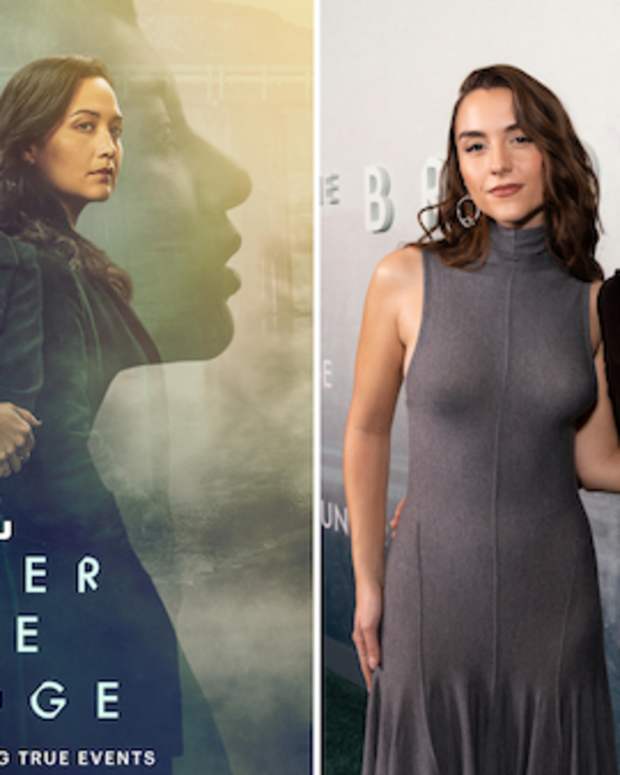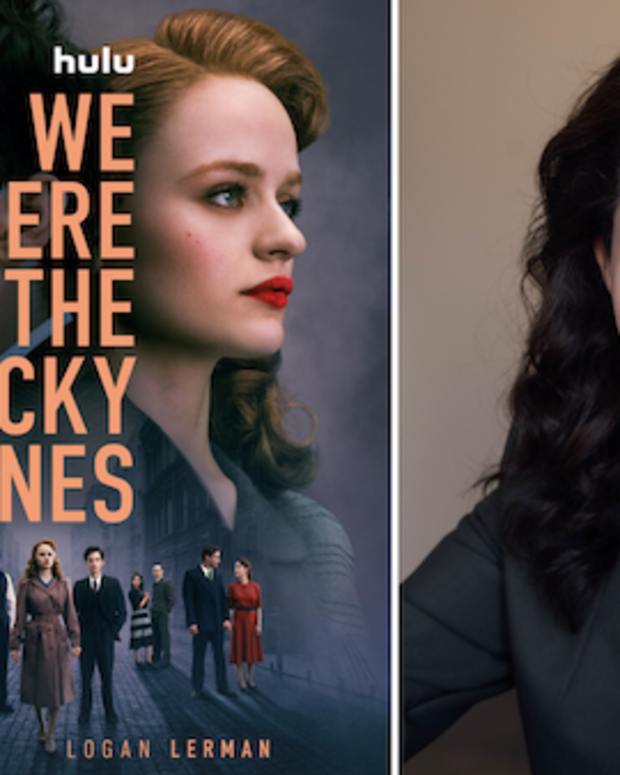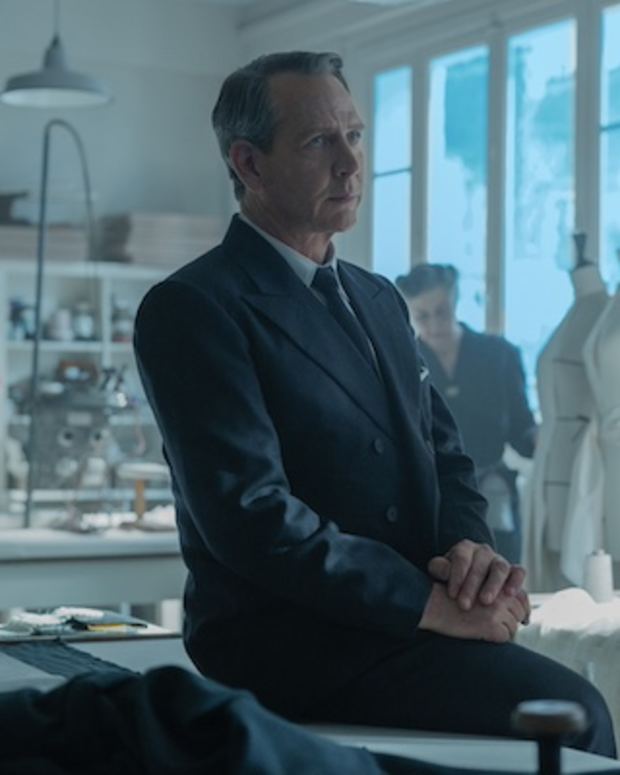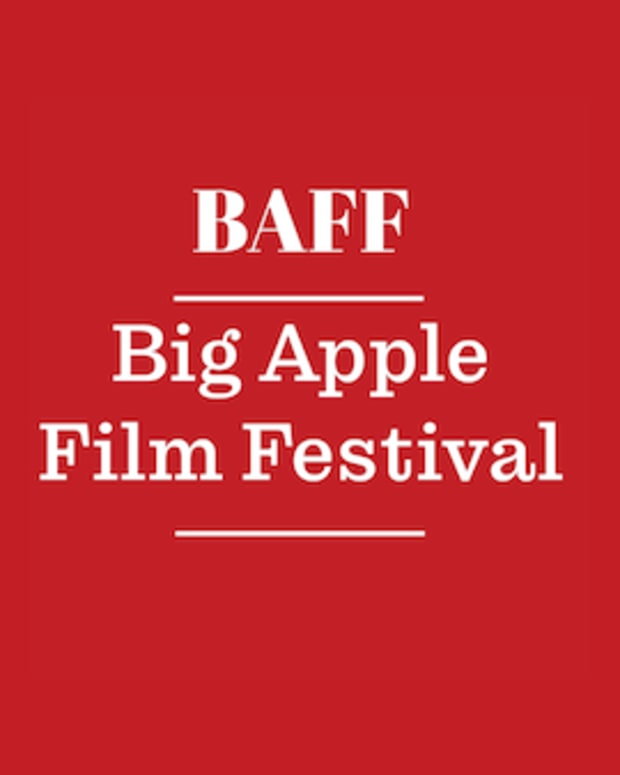INTERVIEW: Malcolm Spellman, Head Writer for 'The Falcon and the Winter Soldier'
When it was announced in April 2019 that Marvel Studios’ first Disney+ streaming series would be The Falcon and the Winter Soldier, head writer and executive producer Malcolm Spellman had already been on the job for it since October 2018. A professional screenwriter in Hollywood for two decades, Spellman was known for his work on the hit Fox television series Empire and his screenwriting projects, produced and unproduced. He pitched, and was hired, based on his idea for crafting a two-hander series about the Marvel Cinematic Universe (MCU) support characters of Sam Wilson (Anthony Mackie) and Bucky Barnes (Sebastian Stan) that would be an action-comedy that also tackles identity and race relations.
Not exactly expected territory for an MCU series, but it matched everything else that was different about Marvel Studios’ new venture into small screen storytelling that promised a slate of limited series that would be a unique hybrid of episodic storytelling that would have the look, and creative support akin to the Studio’s tent-pole theatrical releases. An exciting prospect for sure, but for a writer who had never worked at Marvel Studios before, coming into their creative ecosystem – what did it look like to make those hybrid ambitions a reality?
“For the last 20 years, I've worked in film and television and they are completely different kinds of storytelling,” Spellman laughs lightly about the realities of each. From the start, Spellman says Marvel Studios’ President Kevin Feige, series executive producer, Nate Moore, and co-executive producer Zoie Nagelhout gave him a mandate that each episode of The Falcon and the Winter Soldier needed to feel like a movie, not as far as spectacle, but in regards to the storytelling.
“Basically, a movie is vertical storytelling and serialized TV is horizontal,” Spellman explains about the inherent conflicts between the mediums. Since this series was the first greenlit and put into pre-production (due to the pandemic WandaVision was the first series to air on Disney+) it was up to Spellman and his team to figure out how to make the two worlds line up.
“I did have to break out of an “either/or” comfort zone with all of them to come together to find a way to create six individual movies that accordion out and connect to one global serialized story that allowed us to go deep. And it was uncomfortable at first,” he says with candor. “But it was great once we really started to key in.”
He says it started with diagnosing what makes films feel different from TV. “We all started to realize that time is almost always compressed in a movie,” Spellman explains. “And movies build to one inevitable conclusion. But TV is all about promising what's next. That was a big journey for me to find a new way to tell a story.”
Working within the Marvel Studios creative system was also another learning curve for Spellman. Each film, or series, comes with an internal team —in this case, Moore and Nagelhout—that remains attached and hands-on from pre-production through release. The entire development process includes those executives in the writer’s room, which is entirely new for Spellman.
“That journey was tough for me in the beginning, and then amazing once I settled into it, and accepted it,” Spellman shares. “I would call [screenwriters] (Stephen) McFeely and (Christopher) Markus for advice 'cuz it's an incredibly uncomfortable thing to be sitting in a room with your two execs, right? But what you find is, once you give into that process, and see how talented they are, you also create this unique feeling. Writing at Marvel is almost like being a character in the MCU in that they don't tell you what's going on around you. But you know it's going on,” he laughs knowingly. “And then you have these two Sherpas here who are guiding you through it.”
[Steve Rogers: A Man Out Of Time - 'Captain America: The Winter Soldier']
Which meant a lot of the blue sky-ing in the room for The Falcon and the Winter Soldier meant accidentally bumping into the narratives of all the other streaming series and films also being developed concurrently at the time. Some of it was shared with Spellman but more often than not, details were held back to keep the Studio’s overall secrets locked down.
Spellman says with a laugh, “The analogy I keep using is like, it's Spider-Man sitting on a rooftop and Iron Man goes flying by. And you don't know what Iron Man's doing. You have all these moments where you're encountering the other projects in brief windows, and Nate and Zoie are there to shut the window down and close the curtains on you and say, "Don't worry about what's happening outside that window. We're gonna turn you away from the window and get you down the hallway you need to go to." And once I embraced it, then it was pretty incredible because you're in this creative family that has existed for over a decade. They have a weird groove with each other. They're texting in the room with each other while you're writing and answers are coming back at you. And when you embrace it, you get invited into this weird, creative family and you see where the magic comes from.”
But Spellman says it came down to the heart of The Falcon and the Winter Soldier being about two men, who could equally take on the mantle of Captain America’s legacy, at a crossroads in deciding who they want to be going forward.
In exploring that, Spellman says it came down to building a checklist of everything these men have experienced already in the MCU. When it was all laid out before them, Spellman says, “You're like, 'Oh, man, there's some heavy stuff right there.' They've been through a lot. They've taken on the government. They've been dead for five years. People have died. It's just a wealth of trauma and stuff we're going to unpack.”
“And the other thing we realized in telling that story, was how old Bucky is,” he continues. “We wanted to start to explore that a little bit too. How alone do you feel when you're 100? And who's the only person that could possibly identify with that? Well, Steve (Rogers). And he's gone. The loss of Steve (Chris Evans) means everything to Bucky in the obvious ways, but it's also the only person on the planet that can relate to what it's like to be a 100-year old soldier.”
[How to Write a Comic Book Script]
For Sam Wilson, it meant diving into his home life and family outside of his Falcon experiences. “We felt like as he struggles with getting rid of this shield, or taking it on, and seeing someone else take it, finding out who he was, and where he comes from amplified that story. And it's weird, digging into Sam's path, backstory and family life, literally amplified one of the main A storylines….”
Adopting the Marvel Studios ethos of not sharing too much, Spellman leaves it at that but says his experience navigating a series for the studio has changed him as a writer in the best ways. “There is no way to describe it to anybody who hasn't gone in there and seen these relationships,” Spellman enthuses. “People think it's negative, but it's amazing. You have to accept you're a part of something that's bigger than everybody. It's a kind of an out of body experience. I was thrilled by it. I was enlightened. And I told Nate this, that I have a company with my wife as producers. And the way Marvel interfaces with writers, because they've done that for so long, we've taken some of their methods and we now use it. That's how that's how much of a growth experience it is.”
The Falcon and the Winter Soldier is now streaming on Disney+.




